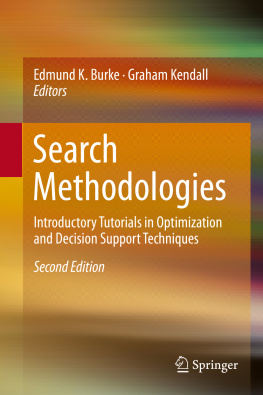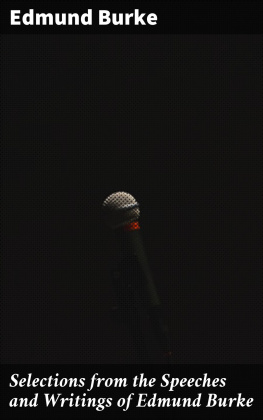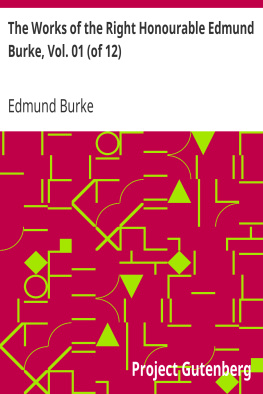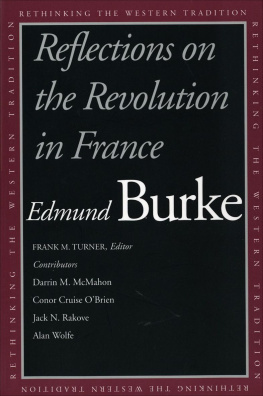1.1 Inter-disciplinary Decision Support: Motivation
Search and optimization technologies underpin the development of decision support systems in a wide variety of applications across industry, commerce, science and government. There is a significant level of diversity among optimization and computational search applications. This can be evidenced by noting that a small selection of applications includes transport scheduling, bioinformatics optimization, personnel rostering, medical decision support and timetabling. Later in this introduction we present some recent survey papers for some of these areas and more examples of relevant applications are available in Pardalos and Resende (). The potential impact of more effective and efficient decision support methodologies is enormous and can be illustrated by considering just a few of the potential benefits:
More efficient production scheduling can lead to significant financial savings;
Higher-quality personnel rosters lead to a more contented workforce;
Efficient healthcare scheduling will lead to faster treatment (potentially saving lives);
More effective cutting/packing systems can reduce waste;
Better delivery schedules can reduce fuel emissions.
This research area has received significant attention from the scientific community across many different academic disciplines. Looking at any selection of key papers which have impacted upon search, optimization and decision support will reveal that the authors are based in a number of different departments including Computer Science, Mathematics, Engineering, Business and Management (among others). It is clearly the case that the investigation and development of decision support methodologies is inherently multi-disciplinary. It lies firmly at the interface of Operational Research, Computer Science and Artificial Intelligence (among other disciplines). However, not only is the underlying methodology inherently inter-disciplinary but the broad range of application areas also cuts across many disciplines and industries. We firmly believe that scientific progress in this crucially important area will be made far more effectively and far more quickly by adopting a broad and inclusive multi-disciplinary approach to the international scientific agenda in this field.
This observation provides one of the key motivations for this book, which is aimed primarily at first-year postgraduate students and final-year undergraduate students. However, we have also aimed it at practitioners and at the experienced researcher who wants a brief introduction to the broad range of decision support methodologies that are in the literature. In our experience, the key texts for these methodologies lie across a variety of volumes. This reflects the wide range of disciplines that are represented here. We wanted to bring together a series of entry-level tutorials, written by world-leading scientists from across the disciplinary range, in one single volume.
1.2 The Structure of the Book
The first edition of this book was initially motivated by the idea of being able to present first-year PhD students with a single volume that would give them a basic introduction to the various search and optimization techniques that they might require during their program of research. This remains a primary motivation for this second edition.
The book can be read in a sequential manner. However, each chapter also stands alone and so the book can be dipped into when you come across a technique with which you are not familiar, or if you just need to find some general references on a particular topic.
If you want to read the book all the way through, we hope that the way we have ordered the chapters makes sense. In .
One element of every chapter is a section called Tricks of the Trade . We recognize that it is sometimes difficult to know where to start when you first come across a new problem. Which technique or methodology is the most appropriate? This is a very difficult question to answer and forms the basis of much research in the area. Tricks of the Trade is designed to give you some guidelines on how you should get started and what you should do if you run into problems. Although Tricks of the Trade is towards the end of each chapter, we believe that it could be one of the first sections you read.
We have also asked authors to include a section entitled Sources of Additional Information . These sections are designed as useful pointers to resources such as books and web pages. They are intended as the next place to investigate, once you have read the chapter.
As this book is aimed primarily at the beginner (such as a first-year PhD student, final-year undergraduate or practitioner/researcher learning a new technique) we thought it might be useful to explain some basic concepts which many books just assume that the reader already knows. Indeed, our own PhD students and final-year undergraduates often make this complaint. We realize that the following list is not complete. Nor can it ever be, as we are not aiming to write a comprehensive encyclopedia. If you feel that any important terms are missing, please let the editors (authors of this introduction) know and we will consider including them in future editions. All of these concepts are, purposefully, explained in an informal way so that we can get the basic ideas across to the reader. More formal definitions can be found elsewhere (see the Sources of Additional Information and References ), including in later chapters of this book.
1.3 Basic Concepts and Underlying Issues
In this section we present a number of basic terms and issues and offer a simple description or explanation. In explaining the concepts to beginners, we will restrict the formal presentation of these concepts as much as possible.
1.3.1 Artificial Intelligence
Artificial intelligence (AI) is a broad term which can be thought of as covering the goal of developing computer systems which can solve problems which are usually associated with requiring human-level intelligence. There are a number of different definitions of the term and there has been a significant amount of debate about it. However, the philosophical arguments about what is or is not AI do not fall within the remit of this book. The interested reader is directed to the following (small) sample of general AI books: Negnevitsky ().









